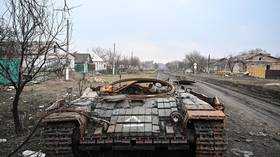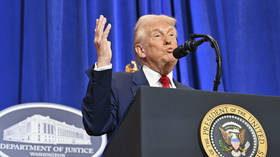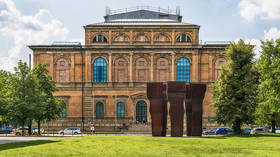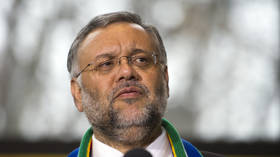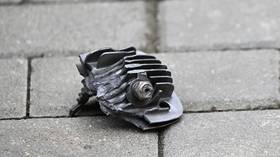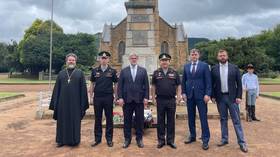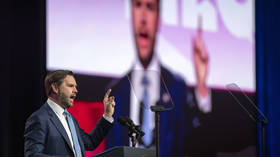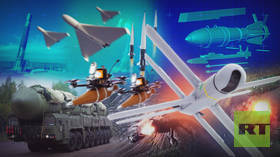Bring the boys back home
The United Kingdom should stop fighting distant wars and meddling in global military matters. That’s the view of Kim Howells, who until last year was the minister responsible for Afghanistan.
He says the recent succession of deaths there have been a turning point.
They show it’s time for the UK to stop engaging at the very sharp end of UN military operations.
Equally outspoken about the British role in the world’s battlefields is the Stop the War Coalition.
"I don’t think the role of Britain now is to tell other countries what to do,” said Lindsey German from the Stop the War Coalition. “In fact, I think it’s a very dangerous development that we have in recent years – occupations of Afghanistan, occupations of Iraq, talk about failed states and how we have to somehow improve these failed states."
In Afghanistan, more than 10,000 British troops are actively fighting. But it is not just the high profile conflicts the UK is involved in. British troops are currently deployed in over 80 countries around the world.
The human cost of war is felt most keenly in rural areas like those where unemployment is high, and there’s not much for young people to do.
Graham Knight’s son Ben was one of those who paid the ultimate price in Afghanistan. Knight says Ben died doing what he loved, but questions the UK’s role in policing the world.
"I actually heard an MP say we can’t possibly pull out of Afghanistan because we would lose face with the world,” said Knight. “It was overheard, but I turned to him and said if losing face means that we save lives, I’d rather we lost face with the world and saved British lives than continue in this unwinnable war in Afghanistan."
The UK has the largest air force and navy in the European Union, and the second largest in NATO.
But politicians and anti-war protesters say military action is being used to bolster the UK’s position on the world stage. Their influence could be just as significant if used for good.
“We could spend the money that is spent on war on really helping some of these countries – which are not coincidentally some of the poorest countries in the world,” German said. “Look at Afghanistan, it’s the third poorest, Somalia’s one of the poorest, Yemen’s one of the poorest. Now, massive investment in infrastructure, in education, agriculture, all these things wouldn’t solve all the problems of these countries, but would at least mean that people genuinely had a different attitude to America and Britain, they wouldn’t see it as a country that was bombing them all the time, or invading them – they’d see it as a country which was helping them.”
Selling the idea to the British public of withdrawing troops from Afghanistan is relatively easy. But making the case for a diminished British military presence throughout the world might be a much tougher proposition.



